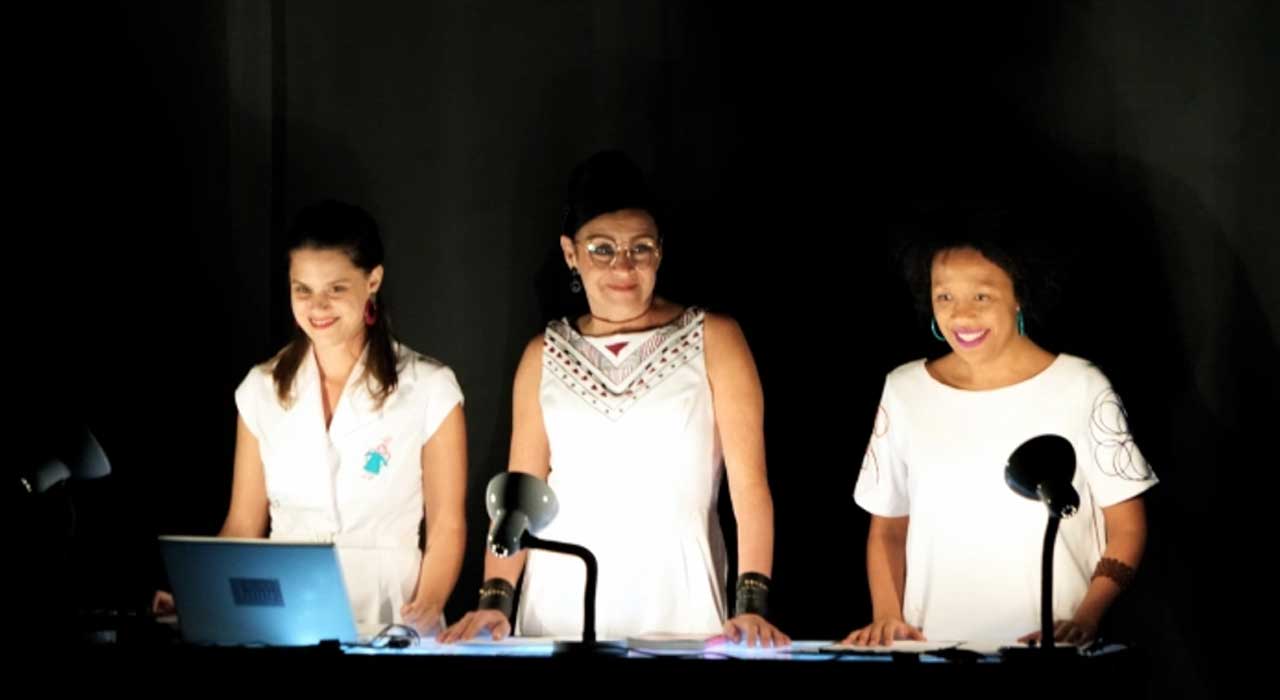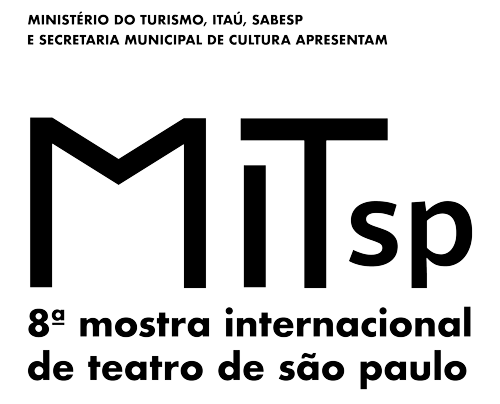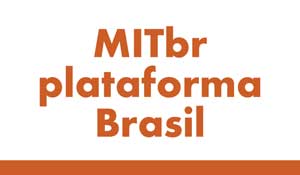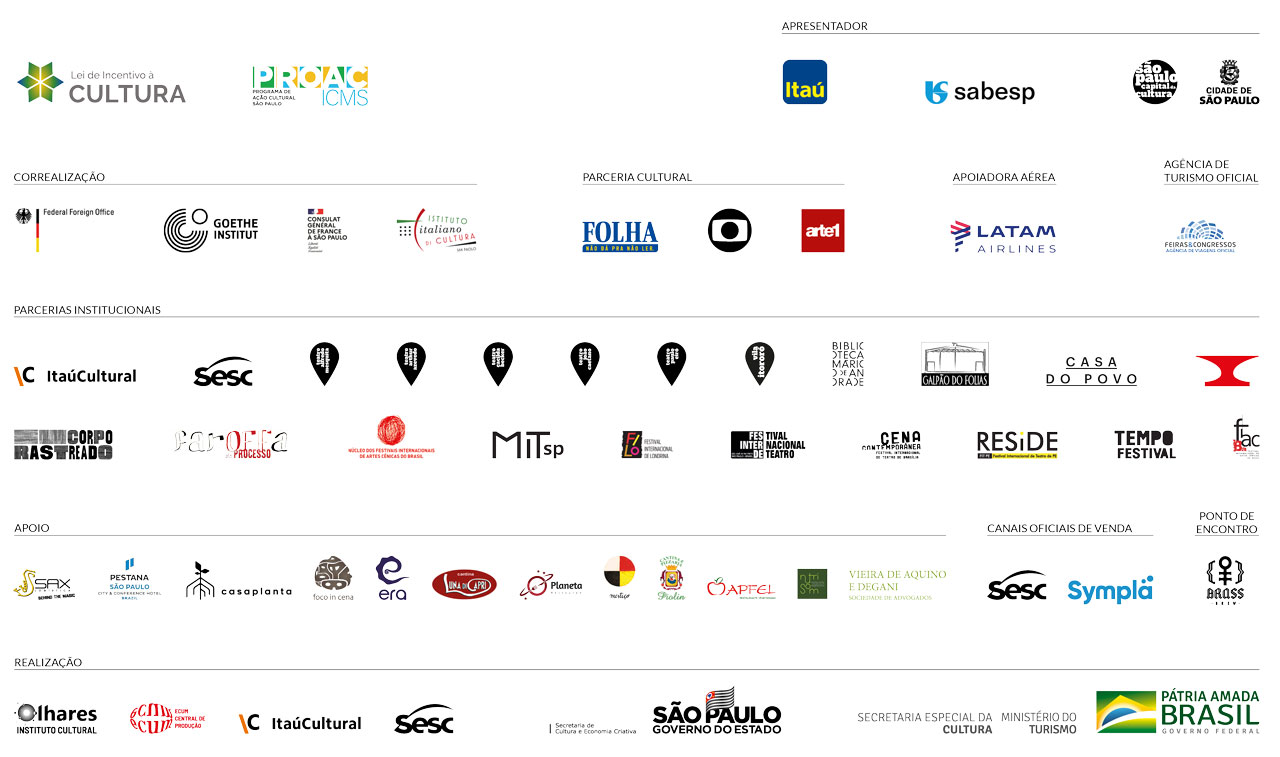There’s More Future Than Past - A Docufiction Play
ARTIST: Complexo Duplo
Brazil, 2017 | 75 min. | Parental Rating: 16+

SINOPSIS
A critique to official historiography and the power that hegemonic narratives wield over our worldview, the play-lecture sheds light on the life and work of important Latin American women. As in a lecture, the three actresses present research about artists from different Latin American countries, with productions from the 1960s to the 1980s. Using documents, letters, videos, audio recordings and songs, they question the predominance of male and European names as distinguished personalities. In addition, they discuss the gap between Brazil and neighbouring countries and how we do not know what was produced so close to us. Throughout the narrative, the cast’s lecture tone (which, onstage, also operates videos, sound and lighting) gives way to poetic passages, sewing a discourse which conflicts fiction with documentary.
HISTORY
Complexo Duplo is a continuous work group, based in Rio de Janeiro, which has presented theatre shows and formative actions since 2010. In 2011 and 2012, the group’s work was consolidated with the curatorship of a public space; Gláucio Gill Theatre alongside Ocupação Complexo Duplo, a project nominated for the Shell Award and the APTR Award in the special category. Since then, the collective has carried out many projects in Rio de Janeiro and in other cities in Brazil. Among the most recent are Cabeça – Um Documentário Cênico and There’s More Future than Past – A Docufiction Play, staged since 2016 and 2017, respectively. In 2018 and 2020, the group held two editions of Complexo Sul – International Exchange Platform, which promotes artistic exchanges between Latin American countries and experimental spaces for projects authored by Brazilian artists from performing arts.
CRITIC
“Assertiveness goes hand in hand with the structuring narrative procedure: the exchange of letters between prominent personalities (most unknown to us, Brazilians, consciously or unconsciously concealed when it comes to Latin American roots and ties). The adoption of the epistolary genre, so fertile in literature, makes sustainable the dramaturgical mesh on which the enactment bases its path, among biographical data, historical contexts and the infinite field of invention.”
“One of the play’s highlights is the resignification that actress Tainah Longras makes of Victoria Santa Cruz’s song-poem Negra. Being a black woman, the actress reinterprets the poem and the audience is moved by her performance. Her performative act adopts, delimits and claims a look at herself, placing herself in dialogue with each verse (chorus-stanza) of Santa Cruz’s poem-performance and, at the same time, each gesture of her also takes and asks an act of collective resistance from thousands of black women.”





